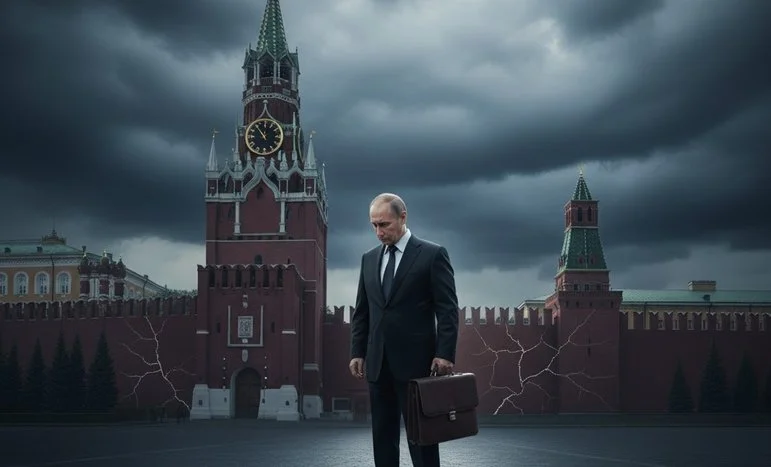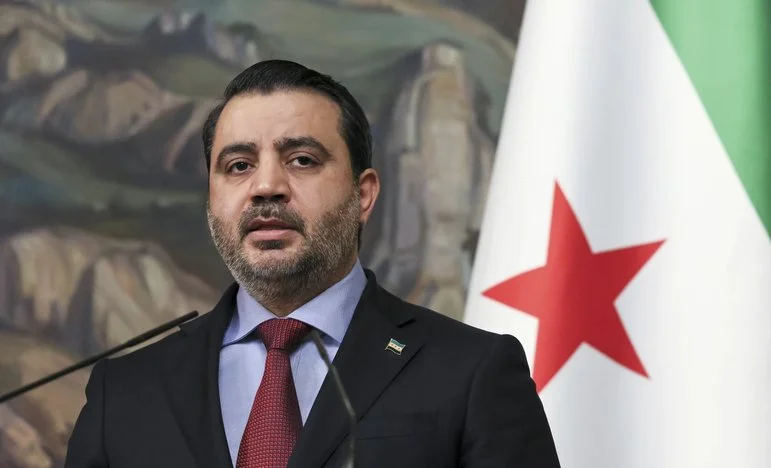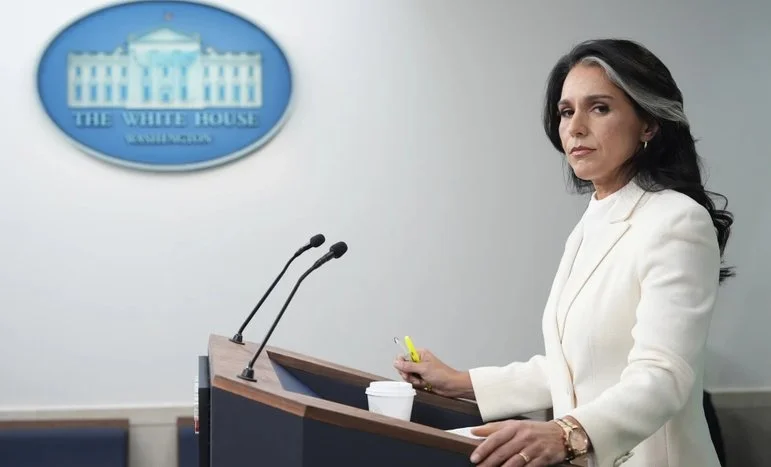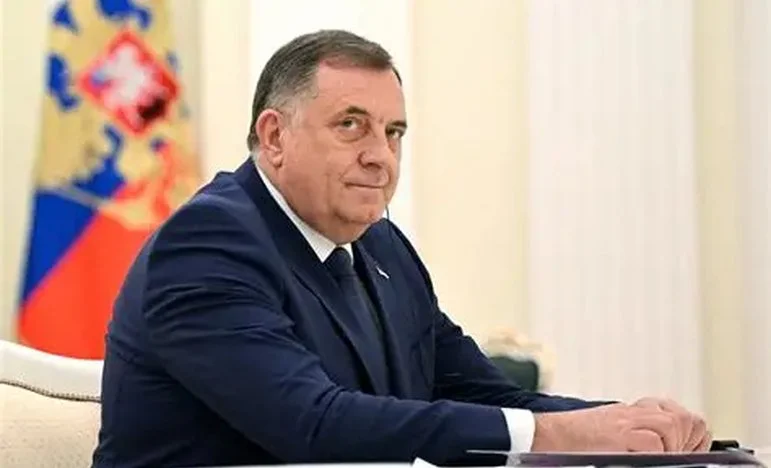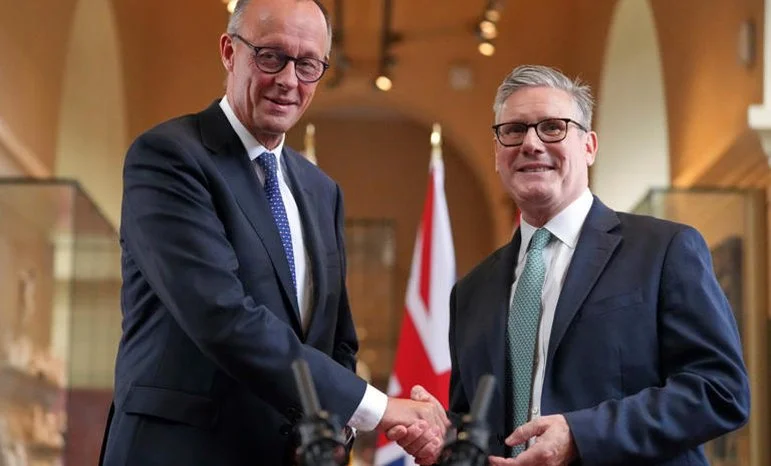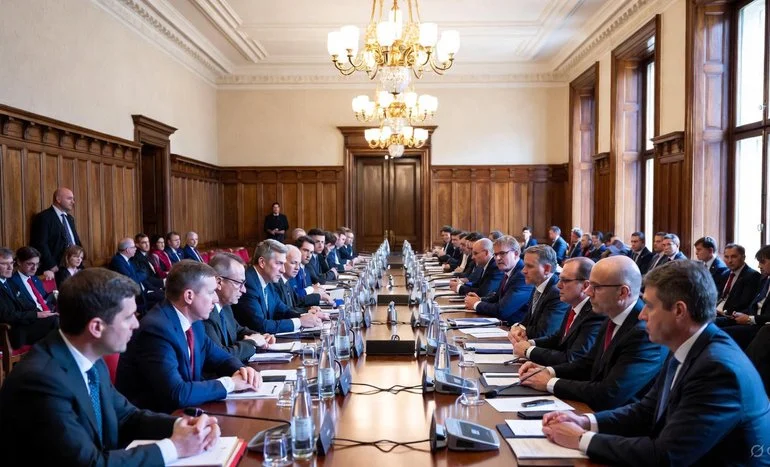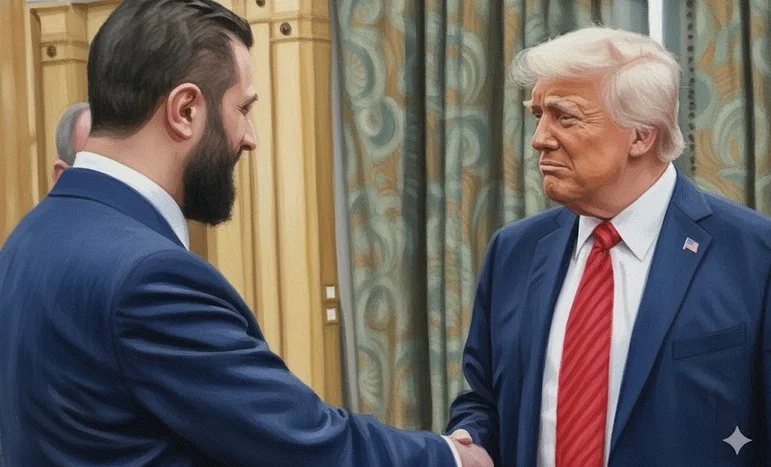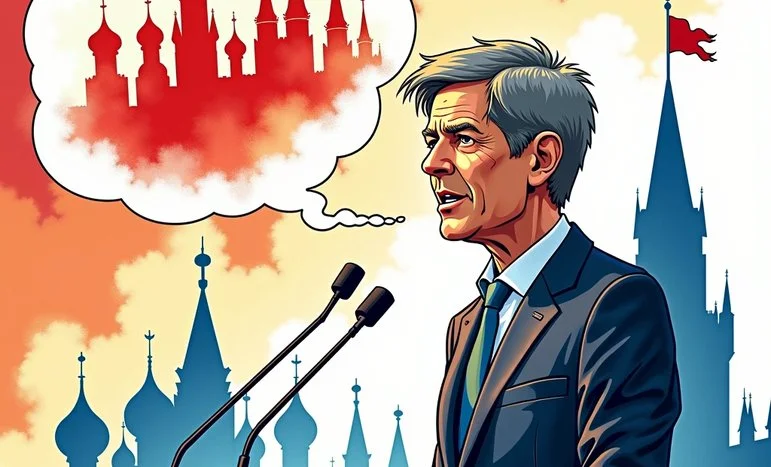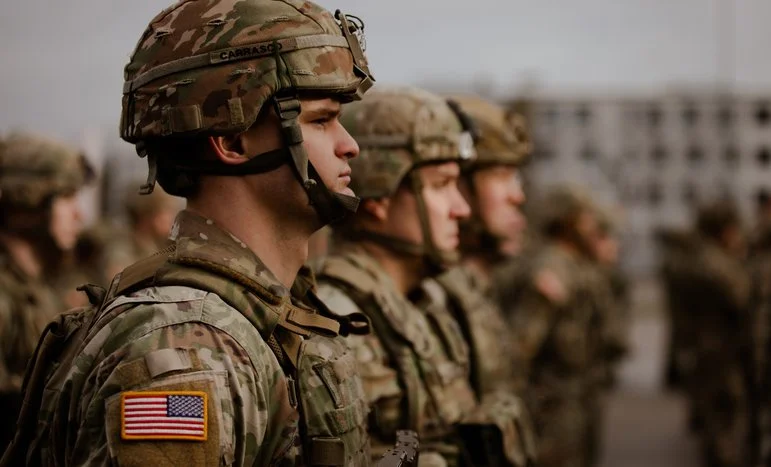
Trump Declares No US Troops for Ukraine: Strategic or Controversial?
Former President Donald Trump’s declaration that the United States would not send American troops to defend Ukraine has sent ripples across diplomatic, military, and political circles, reigniting an old and unresolved debate at the heart of U.S. foreign policy. At its core, the statement reflects a clear preference for limiting direct military involvement in overseas conflicts while continuing other forms of engagement such as financial assistance, weapons supplies, intelligence sharing, and diplomatic pressure. This position, while controversial to some, is not an aberration in American strategic thinking but rather a reassertion of a long-standing tension between global leadership and strategic restraint.
The decision to rule out deploying U.S. troops to Ukraine immediately raises fundamental questions about the scope and limits of American power. For decades, the United States has grappled with the consequences of deep military involvement abroad, from Vietnam to Iraq and Afghanistan. These experiences have shaped a growing skepticism among segments of the American public and political class toward open-ended military commitments that risk high costs in blood, treasure, and long-term political capital. Trump’s statement taps directly into this sentiment, emphasizing that while the United States has interests in the outcome of the Ukraine conflict, those interests do not necessarily justify placing American soldiers in direct combat with a nuclear-armed adversary.
From a strategic standpoint, avoiding the deployment of U.S. ground forces significantly reduces the risk of escalation. Direct military confrontation between American troops and Russian forces would dramatically increase the chances of miscalculation, potentially drawing NATO and Russia into a broader and far more dangerous conflict. By keeping U.S. forces out of Ukraine, the policy seeks to maintain a buffer between support for Kyiv and outright war with Moscow. Proponents of this approach argue that restraint in this context is not weakness but prudence, recognizing the catastrophic consequences that could follow even a limited clash between major powers.
At the same time, the decision underscores a reliance on indirect forms of support as the primary means of influencing the conflict. Military aid, advanced weaponry, intelligence sharing, and economic assistance allow the United States to bolster Ukraine’s defensive capabilities without crossing the threshold of direct intervention. This model reflects a broader shift in how modern conflicts are managed, where influence is exerted through networks of allies, supply chains, and information rather than large-scale troop deployments. By emphasizing these tools, the United States can shape the battlefield indirectly while preserving flexibility and reducing immediate risks.
However, this strategy is not without its critics. Detractors argue that publicly ruling out the use of U.S. troops may weaken deterrence by signaling clear limits to American involvement. In their view, ambiguity has historically been a key component of deterrence, forcing adversaries to consider worst-case scenarios when calculating their actions. By removing the possibility of U.S. ground intervention from the equation, critics contend that Washington may inadvertently embolden Russia to press its advantage, calculating that escalation will not trigger a direct American response. This concern is particularly acute among some Eastern European states, which view U.S. military presence as the ultimate guarantee of security.
The issue of credibility looms large in this debate. The United States has long positioned itself as a guarantor of security for allies and partners, particularly within the NATO framework. While Ukraine is not a NATO member, the conflict has been closely watched by countries along the alliance’s eastern flank, many of which see their own security as intertwined with the outcome. Trump’s statement raises questions about how far U.S. commitments extend and under what circumstances American forces would be deployed. Supporters of the policy argue that credibility should not be measured by willingness to fight everywhere, but by consistency, clarity, and the strength of alliances where formal commitments exist. In this view, drawing a clear line between NATO obligations and non-NATO conflicts is essential to preserving the integrity of U.S. security guarantees.
Domestic political considerations also play a significant role in shaping this stance. American voters have grown increasingly wary of foreign wars, particularly those that appear distant from immediate national interests. The human and financial costs of prolonged military engagements have left a deep imprint on public opinion, making large-scale troop deployments politically fraught. By emphasizing that U.S. troops will not be sent to Ukraine, Trump aligns himself with a broader current of public skepticism, framing the policy as one that prioritizes American lives and resources while still engaging internationally through other means.
At the operational level, the absence of U.S. ground forces places greater responsibility on Ukraine and its regional partners. Ukrainian forces must rely on their own manpower and command structures, supplemented by allied support, to sustain their defense. This dynamic can have mixed effects. On one hand, it reinforces Ukrainian agency and avoids the perception that the conflict is being fought by proxy troops from abroad. On the other hand, it places immense pressure on Ukraine’s military and society, particularly as the conflict drags on and resources are stretched. The balance between empowerment and burden-sharing becomes a delicate one, with long-term implications for Ukraine’s resilience.
Internationally, the decision contributes to a broader reassessment of how wars are fought and supported in an era of great-power competition. Direct military interventions are increasingly seen as high-risk and politically costly, especially when adversaries possess significant conventional and nuclear capabilities. Instead, states are turning to layered strategies that combine economic sanctions, diplomatic isolation, military assistance, and information warfare. Trump’s statement can be read as an endorsement of this model, emphasizing that influence and support do not necessarily require boots on the ground.
Russia’s interpretation of the policy is another critical factor. While Moscow may welcome the absence of U.S. troops as reducing the immediate risk of confrontation, it must still contend with the substantial impact of Western military aid and economic pressure. The effectiveness of deterrence in this context depends less on troop deployments and more on the sustainability and scale of indirect support. If Ukraine continues to receive significant assistance and demonstrates the capacity to defend itself, the lack of U.S. ground forces may not translate into strategic advantage for Russia. Conversely, if support wanes or fractures, the policy could be seen as a constraint that limits Ukraine’s options.
Ultimately, Trump’s declaration highlights the enduring tension between global leadership and strategic restraint that has defined American foreign policy for generations. It forces policymakers and observers alike to confront difficult questions about where the United States should draw the line between engagement and intervention, how to balance moral responsibility with national interest, and how to manage conflicts in a world where escalation carries unprecedented risks. The decision to keep U.S. troops out of Ukraine does not end American involvement in the conflict, nor does it resolve the broader challenges posed by Russian aggression. Instead, it represents a calculated choice about the means through which the United States seeks to exert influence.
Whether this approach proves strategically sound will depend on outcomes that are still unfolding. The durability of Ukraine’s defense, the cohesion of allied support, and the behavior of Russia in response to sustained indirect pressure will all shape how this policy is ultimately judged. What is clear is that the announcement has sharpened the debate over America’s role in the world, underscoring that in modern warfare, the most consequential decisions are often not about where troops are sent, but about where they are deliberately kept out.
We appreciate that not everyone can afford to pay for Views right now. That’s why we choose to keep our journalism open for everyone. If this is you, please continue to read for free.
But if you can, can we count on your support at this perilous time? Here are three good reasons to make the choice to fund us today.
1. Our quality, investigative journalism is a scrutinising force.
2. We are independent and have no billionaire owner controlling what we do, so your money directly powers our reporting.
3. It doesn’t cost much, and takes less time than it took to read this message.
Choose to support open, independent journalism on a monthly basis. Thank you.
